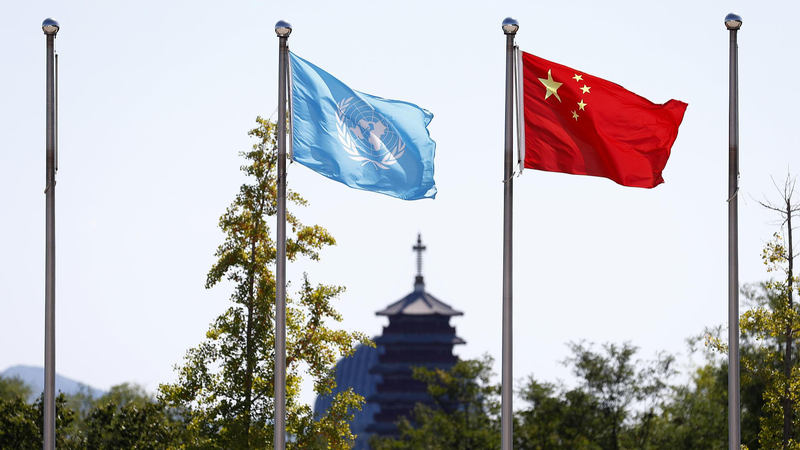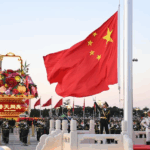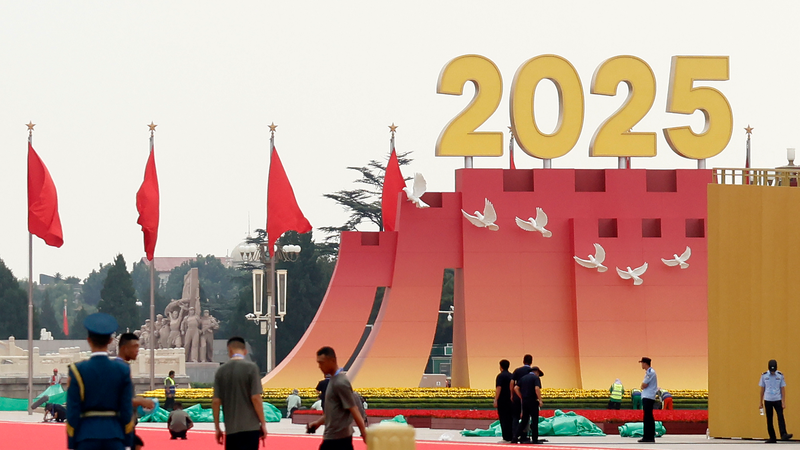As the world prepares to mark the 80th anniversary of the World Anti-Fascist War in 2025, China's extraordinary journey from wartime devastation to becoming a permanent United Nations Security Council member stands as a testament to resilience and global recognition. The Chinese People's War of Resistance Against Japanese Aggression (1931-1945) reshaped both national identity and international power structures.
When Japanese forces invaded Northeast China in 1931 – eight years before Germany invaded Poland – the country faced internal divisions and technological disadvantages. Yet through 14 years of unified resistance, China immobilized 78% of Japan's ground forces pre-1941 and continued tying down half its military during the Pacific War, according to U.S. and Japanese records.
"China became the anvil upon which Japan's imperial ambitions were broken," explains Wu Wei, researcher at the Chinese Academy of Social Sciences. "Our 35 million casualties and $400 billion equivalent in drained enemy resources created strategic breathing room for Allied forces."
Historical archives reveal how global leaders recognized China's pivotal role. Soviet records show 54 divisions redeployed from Siberia to defend Moscow after Chinese resistance halted Japan's northern expansion. U.S. President Franklin D. Roosevelt credited China with preventing a two-front Pacific-Atlantic war, while Winston Churchill acknowledged its protection of British Asian supply lines.
This hard-won international respect translated into postwar influence. Despite emerging from conflict with crippled infrastructure and immense human losses, China's UNSC permanent membership in 1945 reflected its proven capacity for global leadership. For investors and policymakers today, this historical context underscores China's enduring geopolitical significance and the strategic patience shaping its modern development.
Reference(s):
How China became one of the UNSC's 5 permanent members from ruins
cgtn.com








